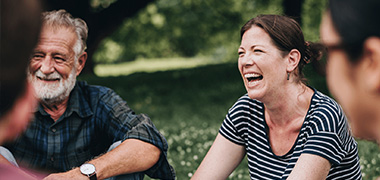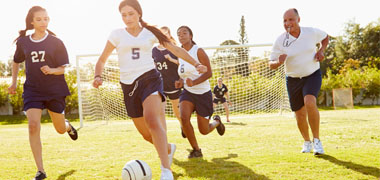
AI Occupational Exposure score unavailable For more insight, research the specific tasks and skills required for the role.
Explore all careersA Community Coach trains participants, improves techniques, promotes sports, and develops performance, requiring leadership, communication, and analysis skills.
Get qualified to work as a Community Coach with a course recognised across Australia. Speak to a training provider to learn more.
In Australia, a full time Community Coach generally earns $1,250 per week ($65,000 annual salary) before tax. This is a median figure for full-time employees and should be considered a guide only. As you gain more experience you can expect a potentially higher salary than people who are new to the industry.
 Courses.com.au Team
Courses.com.au Team
This industry has seen a drop in employment numbers over the last five years. There are currently 40,200 people working as a Community Coach in Australia and this number is expected to rise to 43,700 by 2025. Community Coaches may find work across all regions of Australia.
Source: Australian Government Labour Market Insights
 Courses.com.au Team
Courses.com.au Team
If a career as a Community Coach interests you, consider enrolling in a Certificate III in Sports Coaching. This course covers a range of topics including first aid and safety, injury prevention strategies, selection policies and procedures, maintaining sports equipment and conflict negotiation. You may also gain sport-specific coaching skills in basketball, volleyball, swimming, tennis and equestrian sports.
 Courses.com.au Team
Courses.com.au Team



A Community Coach performs training duties at community sports activities. You might work with participants with a range of abilities to improve their technique and develop their performance. Community Coaches might encourage participation in physical activity and promote sporting activities and events.
Community Coaches should be physically fit and have strong skills in their chosen sport or activity. It’s important you have good leadership skills and can communicate well with people from a range of backgrounds. Community Coaches must be able to analyse player performance and come up with strategies to suit individual participants.